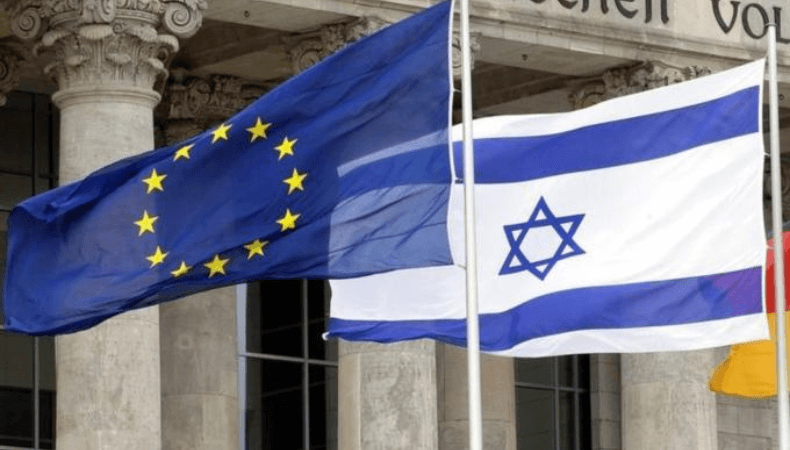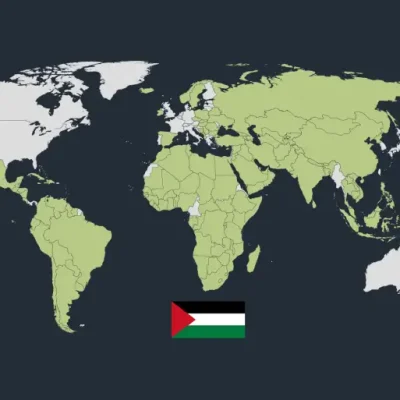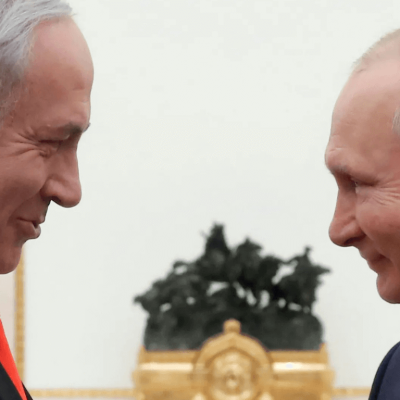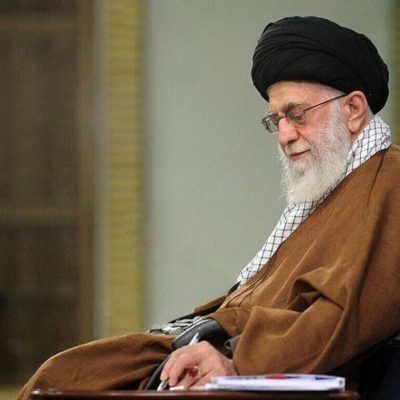Time for the EU to Show Some Backbone and Stand Up to Israel

In recent times, the European Union’s stance on the Israel-Gaza conflict has been a subject of intense scrutiny. The EU, historically perceived as leaning towards Israel, has witnessed a notable shift in rhetoric, particularly from its foreign policy chief, Josep Borrell. However, is this change of tone genuine, or is it a strategic move in response to Israel’s lack of regard for the EU’s political influence?
The EU’s Historical Alignment with Israel
Over the years, the EU has often been viewed as favoring Israel in its political discourse and actions related to the Israel-Palestine conflict. This perception has been fueled by instances where European leaders, including German Chancellor Olaf Scholz, Italian Prime Minister Giorgia Meloni, and French President Emmanuel Macron, expressed unwavering support for Israel during the Gaza conflict.
Notably, the EU’s support extended beyond mere political gestures. Financial and military assistance, exemplified by Germany’s approval of close to €303 million ($323 million) worth of defense equipment to Israel, raised questions about the EU’s consistency and moral stance. This, coupled with the lack of a unified EU position, highlighted the bloc’s struggle to assert itself as a significant political actor in the region.
Borrell’s Frustration and Israel’s Perception
Josep Borrell’s recent criticism of Israel’s actions stems from a growing frustration with Tel Aviv’s disregard for the EU’s political standing. Israel, historically aligning more with the United States, perceives the EU as a subordinate political actor, despite the bloc’s substantial economic influence.
While the US readily embraced a role as a partner in the Gaza conflict, the EU’s position appeared inconsistent. Macron’s eagerness to establish an anti-Hamas military coalition and calls for a permanent ceasefire from leaders like Spain and Belgium raised questions about the bloc’s unified approach.
EU’s Dichotomy and Israel’s Political Leverage
Israel’s perception of the EU as an inferior political actor compared to the US is rooted in the European countries’ alignment with American foreign policy agendas. The EU’s inability to translate its economic influence into political leverage has perpetuated this dichotomy.
When Macron aligned with Biden in supporting Israel, Netanyahu praised the French position. However, when Macron criticized Israel’s actions, Netanyahu swiftly rebuked him. This highlights the complexity of EU-Israel relations and the challenges the EU faces in establishing a consistent and impactful foreign policy.
Keep Reading
The EU’s recent ministerial meeting, inviting Israeli Foreign Minister Israel Katz and his Palestinian counterpart Riyad Al-Maliki, aimed to signal the bloc’s readiness to assert itself in the Middle East. However, the motivation behind this move seems to be influenced by factors beyond a genuine desire for political influence.
The Biden administration’s frustration with Netanyahu, combined with regional instability stemming from the Gaza conflict, has pushed the EU to seek relevance in the Middle East. Yet, the bloc’s approach remains feeble, lacking the necessary strength to demand an end to the conflict or impose significant consequences on Israel.
Borrell’s Dilemma and EU’s Geographic Constraints
Josep Borrell, understanding the Middle East’s vital geopolitical importance to Europe, acknowledges the region’s potential impact on the EU’s stability. The EU’s physical proximity to the Middle East, its resources, and its people create a unique set of challenges that the bloc cannot ignore.
Borrell’s maxim that “Europe is a garden” but “the rest of the world is a jungle” reflects the understanding that instability in the Middle East poses a direct risk to Europe, even when the war is over. This recognition underscores the EU’s need to navigate its relationship with the Middle East carefully.
Israel’s Perceived Disregard for EU’s Position
Despite the EU’s attempts at assertiveness, Israel’s response, as seen in Minister Katz’s presentation of plans for an artificial island off the coast of Gaza, suggests a lack of regard for the bloc’s influence. The EU’s failure to present a strong and unified front, coupled with historical inconsistencies, diminishes its credibility in the eyes of Israel.
If Josep Borrell and the EU genuinely wish to be recognized as a formidable political actor, they must align their stance with international law and utilize the bloc’s significant economic leverage to pressure Israel to end the conflict and military occupation of Palestine. Failure to take decisive action risks further solidifying the perception that Brussels, like Washington, is complicit in the Israeli war on the Palestinian people.
In conclusion, the EU stands at a critical juncture where it must navigate the complexities of Middle East politics, assert its influence, and address historical inconsistencies. Only through a steadfast commitment to international law and decisive actions can the EU hope to reshape its image in the eyes of Israel and the international community.






